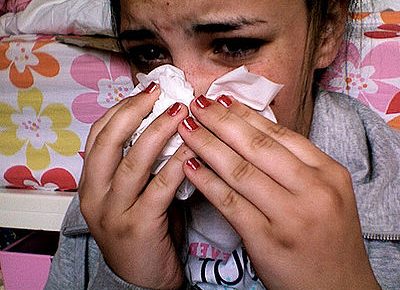Diseases that can be transmitted to us by our pets are called “zoonotic.” There are vaccinations available for pets to prevent some of these diseases and most can be avoided with our care.
Bartonellosis also known as Cat Scratch Fever (see our article) is a bacterial disease. It is passed to humans through cat scratches after cats groom themselves and flea feces adhere to claws.
Worms: (see our article)
Roundworms shed their eggs in the feces of the pet. They can be transmitted if the eggs come in contact with food or material that we handle
Whipworms have the appearance of thread with an enlarged end. They are difficult to diagnosis, but look for weight loss and mucous covered stool in your pet.
Hookworms are common worms that attach themselves to the small intestine wall and suck blood.
Tapeworms are transmitted through ingestion of flea. They are long and segmented and parts can be seed in the stool.
Depending on the type of worm, your vet will prescribe the appropriate medication. If your pet eliminates in the backyard, try to clean up quickly and wash hands thoroughly.
Rabies (see our article) is a deadly virus transmitted to pets and humans through the bite of an infected animal. Vaccination prevents this disease from affecting your pet.
Toxoplasmosis (see our article) is caused by a parasite. It can be transmitted to humans through an infected animal’s fecal matter, eating infected meat or ingestion of food, water or soil in contact with infected fecal matter.
Plague (Yerenia Pestis) is a deadly infectious bacterial disease passed through unsanitary conditions, infected undercooked food or contaminated material, contact with infected animals especially rats. It is sometimes airborne. Immunization for humans is available.
Sporotrichosis is a fungal disease affecting skin, bones, respiratory system and sometimes the brain. Infection is caused when an organism comes in contact with skin wounds.
Lyme Disease (see our article) is an infectious bacterial disease caused by a tick bite. While pets themselves show no evidence of transmitting the disease to their humans, they can bring infected ticks into the home or yard.
Leptospirosis (see our article) is a bacteria spread through infected animal urine which can contaminate soil and water.
As with any disease, zoonotic diseases included, practicing good hygiene is extremely important. Clean litter boxes and backyard areas daily if possible. Check your pets every day for evidence of fleas or ticks and treat them. Avoid heavily forested areas if possible. Discourage wildlife from entering your yard by humane methods. Rid the area around your house of any stagnant water. Check dog parks for cleanliness. And wash hands often and thoroughly.
If in spite of all your precautions, your pet appears ill, have him/her seen by the vet.



